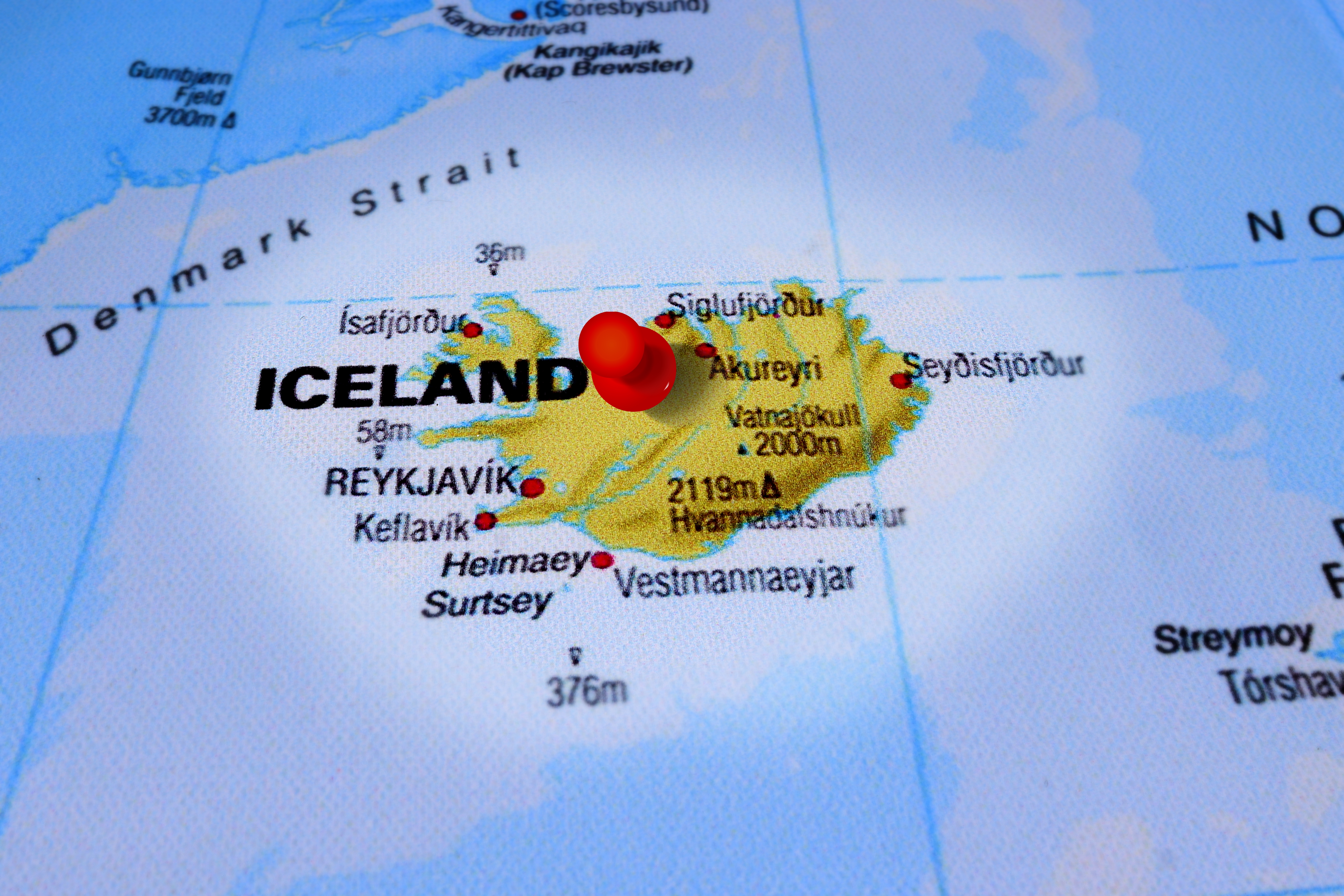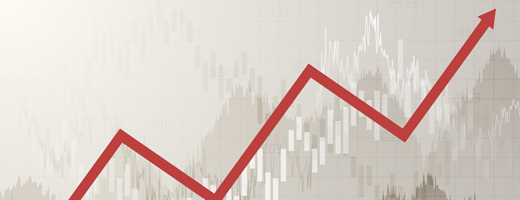The planned changes to the system of social security in Iceland need to be dealt with carefully, Icelandic Pension Funds Association chairman of the board, Jón Ólafur Halldórsson, has warned.
The Icelandic government previously announced changes to Iceland’s social security system as part of its broader social and fiscal policy plans, which will take effect on 1 September 2025 and are designed to reform how rehabilitation and disability pensions are handled.
Speaking at the Icelandic Pension Funds Association’s annual general meeting (AGM), Halldórsson said it was still unclear how the interaction of the changes with the payments of disability pension funds will be implemented.
However, he said it was “obvious” that the changes to the system of social security would call for changes in the same area in the pension fund system.
Therefore, he urged that the mechanism of interaction between social security payments and pension funds “must be brought to a close”.
“A lot of work has been done to reach an agreement there. We need to tread carefully to avoid solving one knot but at the same time creating another or more new knots for the future,” he added.
"It is clear that the changes in question to the social security legislation will significantly increase payments from the social security system, and if an increase in pension funds' disability pension payments is negotiated at the same time, it will reduce the funds' strength to carry out their main role of paying pensions to fund members.”
He also noted that the Icelandic government’s fiscal plan includes the cancellation of government contributions it gives to help pension funds cover disability costs fairly.
Halldórsson stated that the proposal to cease equalisation contributions was “very misguided, unjust, and indeed absurd.”
The association also shared its latest report at the meeting, which revealed that the total assets of the Icelandic pension fund system amounted to ISK 8,248bn at year-end 2024, compared to ISK 7,287bn at year-end 2023.
It credited this increase to good returns on foreign assets, as around 40 per cent of pension funds' total assets are invested abroad and around 55 per cent of domestic assets were market-listed securities.
The research also showed that the real return on the pension funds' assets was on average 6.5 per cent in 2024, while the average long-term return was around 2.7 per cent over the past five years and around 4 per cent over the past 10 years.
In addition to this, Halldórsson said in the AGM that the topic of pension fund consolidation had “often been mentioned” but said that the reduction would be on the initiative of the funds themselves.
In 2024, it was agreed to merge the Pension Fund of Employees of the City of Reykjavík and Brú Pension Fund.
Commenting on this, Halldórsson said the “successful” merger of the Pension Fund of Employees of Akureyri and the Brú Pension Fund was on the horizon and work was also being done on merging the Almenni lífeyrissjóðurinn and the Lífsverk pension fund.
Halldórsson also addressed the concerns in the pension fund system about the need to strengthen its database so that there are reliable prerequisites for building on various decisions concerning pensions and the pension fund system.
"For example, we lack an overview regarding the rights of people in the private property part of the system. At the same time, those who have rights in two funds are double counted in the data, and those who have rights in four funds are counted four,” he said.
“In other words, a comprehensive overview is needed to get a clearer and more accurate view of the pension rights of Icelanders. Such an overview is a prerequisite for successful decisions regarding changes to the system.”
Later on at the AGM, Icelandic Minister of Finance and Economic Affairs, Daði Már Kristófersson, spoke about the government’s increased interest in infrastructure investments and the importance “that the needs of the pension funds and their willingness to take risks are taken into account and that the investments are inherently sustainable”.
“Perhaps it is time to take steps in the direction of trying to shape this framework and safeguard the interests of fund members, pension funds and the Icelandic economy so that the pension funds' goal of ensuring the nation's prosperity can be achieved,” he added.
“In the Ministry of Finance and Economic Affairs, there is an economist with a huge interest in pension fund issues and who has great respect for the pension fund system."
The AGM saw no changes in the main board of the Icelandic Pension Funds Association. However, two new alternates were elected: Lífsverk pension fund managing director, Jón L. Árnason, and Frjálsi pension fund managing director, Ásdís Eva Hannesdóttir.
SL pension fund managing director, Sigurbjörn Sigurbjörnsson, has decided to step down from his position, even though he had one year remaining in his term as an alternate board member.
Latest News
-
Winners announced for inaugural Nederlandse Pensioen Awards
-
Sweden’s AP4 yields 6.3% return for 2025
-
Sweden's AMF delivers 6.2 per cent return in 2025 amid market uncertainty
-
News in brief: 20 February
-
Black Arrow Group pension scheme completes £7m buy-in with PIC
-
Dutch pension funds report improved January funding positions
Podcast: Stepping up to the challenge

In the latest European Pensions podcast, Natalie Tuck talks to PensionsEurope chair, Jerry Moriarty, about his new role and the European pension policy agenda
Podcast: The benefits of private equity in pension fund portfolios

The outbreak of the Covid-19 pandemic, in which stock markets have seen increased volatility, combined with global low interest rates has led to alternative asset classes rising in popularity. Private equity is one of the top runners in this category, and for good reason.
In this podcast, Munich Private Equity Partners Managing Director, Christopher Bär, chats to European Pensions Editor, Natalie Tuck, about the benefits private equity investments can bring to pension fund portfolios and the best approach to take.
In this podcast, Munich Private Equity Partners Managing Director, Christopher Bär, chats to European Pensions Editor, Natalie Tuck, about the benefits private equity investments can bring to pension fund portfolios and the best approach to take.
Mitigating risk
BNP Paribas Asset Management’s head of pension solutions, Julien Halfon, discusses equity hedging with Laura Blows
© 2019 Perspective Publishing Privacy & Cookies







Recent Stories